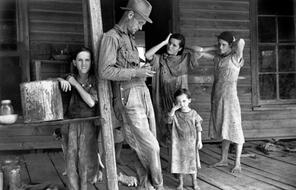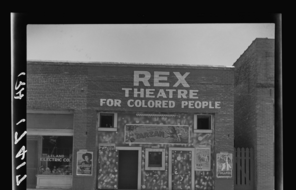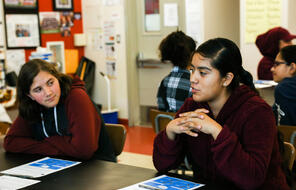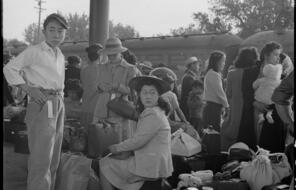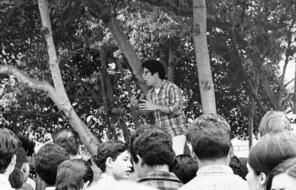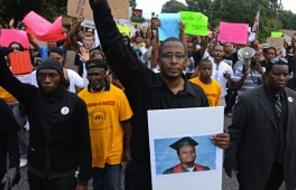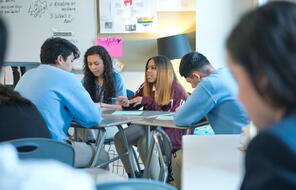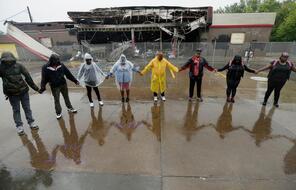
Teaching Mockingbird
At a Glance
Language
English — USSubject
- English & Language Arts
Grade
9–10- Racism
Overview
About This Collection
For educators who choose to teach To Kill a Mockingbird—or whose districts mandate it—we offer this collection of classroom-ready activities, documentary-style videos, primary source readings, and more. Beloved by many readers and educators as a story of moral courage, it has also been criticized for its limited portrayal of Black characters, dated treatment of racism, and promotion of a “white savior” narrative. This complex novel can be the entry point for meaningful learning, but it demands a careful and intentional approach in the classroom.
At a time when many in the United States and around the world are reckoning with systemic racism, responsibly teaching Mockingbird involves setting Harper Lee’s fictional story in its historical context, centering Black voices that are missing from the text, and examining the story and its messages with a critical lens.
For educators who choose to teach To Kill a Mockingbird—or whose districts mandate it—we offer this collection of classroom-ready activities, documentary-style videos, primary source readings, and more.
Preparing to Teach
A Note to Teachers
To Kill a Mockingbird is a complex text that demands careful teaching. Some read the novel as a compelling portrait of moral courage. Yet the novel’s limited perspective on race and racism, and its one-dimensional portrayal of Black characters within a larger story of a young white girl’s moral awakening, raise the concern that teaching the novel can do more harm than good.
We offer these principles for educators who want to engage with the complexity of the novel and guide students through a sensitive and critical reading that encompasses the novel, the world of the novel, the world of Harper Lee, and our world today.
Fostering a Reflective Classroom
To Kill a Mockingbird, like many literary works, includes both language and topics that require careful consideration from teachers and students. We believe the best way to prepare to encounter these topics is to create a class contract outlining guidelines for a respectful, reflective classroom discussion.
Inside this Collection
Unlimited Access to Learning. More Added Every Month.
Facing History & Ourselves is designed for educators who want to help students explore identity, think critically, grow emotionally, act ethically, and participate in civic life. It’s hard work, so we’ve developed some go-to professional learning opportunities to help you along the way.
Exploring ELA Text Selection with Julia Torres
On-Demand
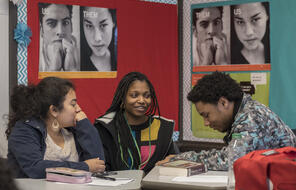
Working for Justice, Equity and Civic Agency in Our Schools: A Conversation with Clint Smith
On-Demand
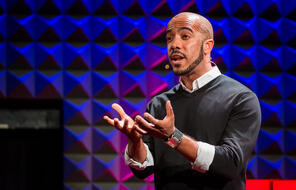
Centering Student Voices to Build Community and Agency
On-Demand



